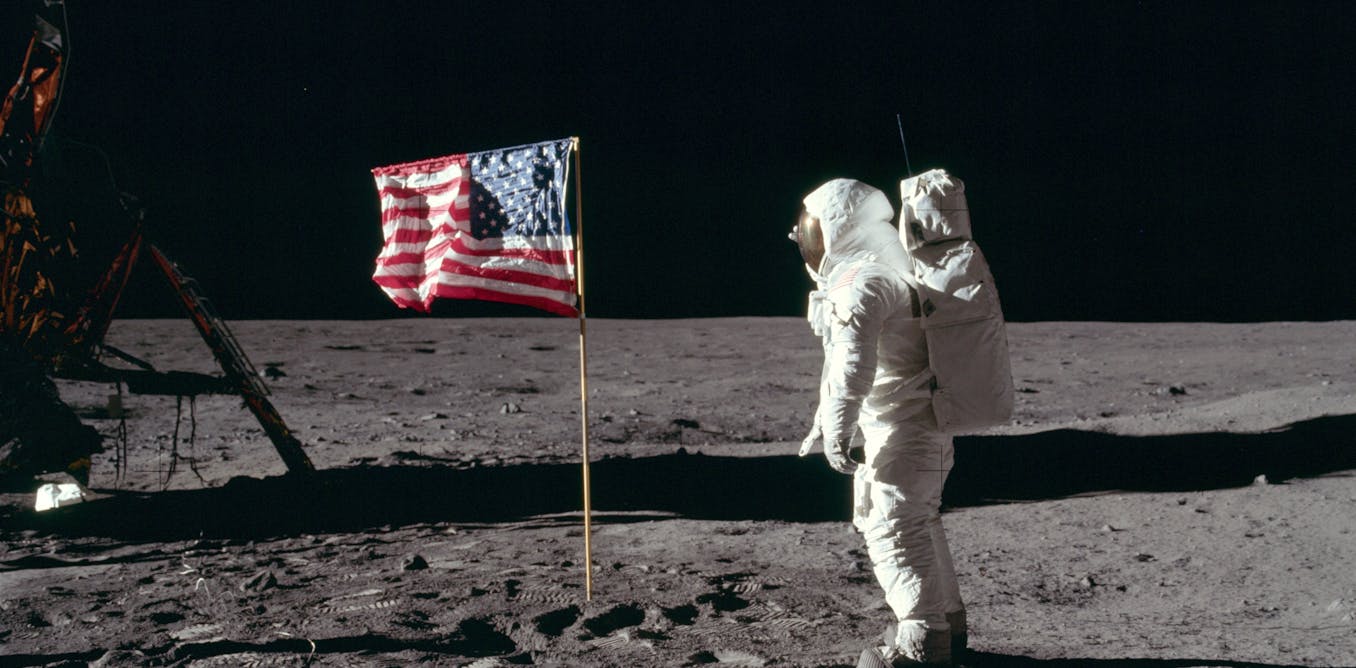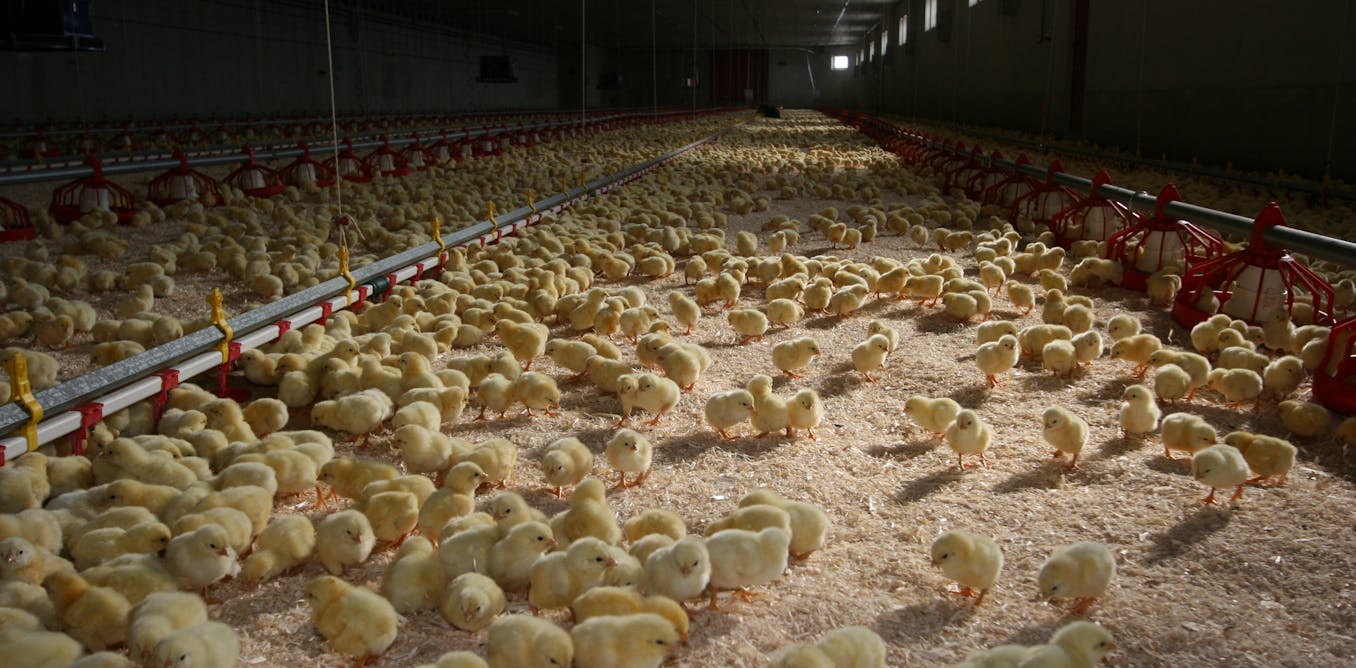Russia’s withdrawal from the International Space Station could mean the early demise of the orbital lab – and sever another Russian link with the West
The head of the Russian space agency announced that the country will withdraw from the International Space Station after 2024. A space policy expert explains what this means and why it’s happening now.
July 26, 2022 • ~7 min









